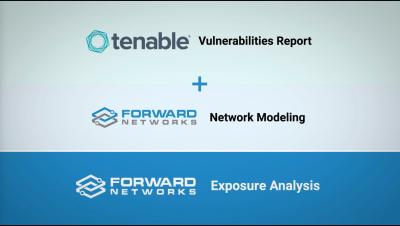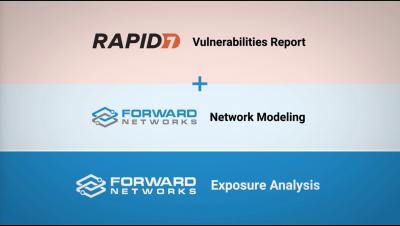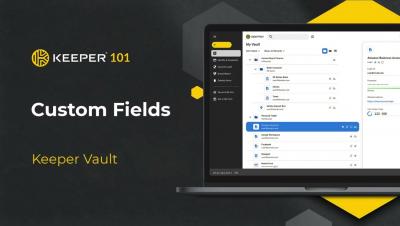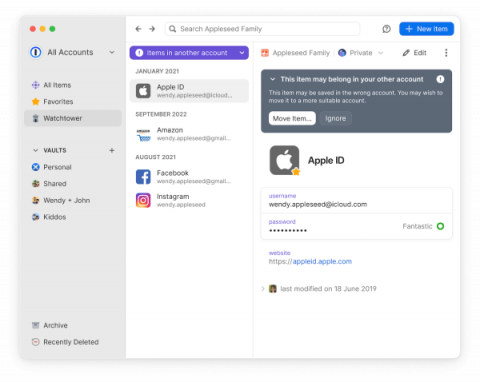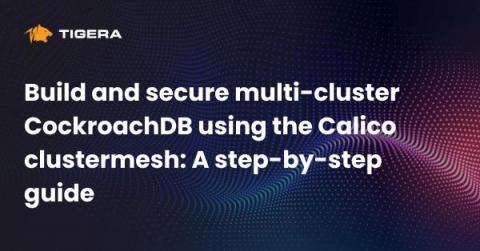Security | Threat Detection | Cyberattacks | DevSecOps | Compliance
July 2023
Forward Networks + Rapid7 InsightVM
Keeping your SLED Secure: Should you pay a ransom?
New Features Unlocked
Random but Memorable: People's Choice Bonus Episode
Keeper 101 - Custom Fields
Advanced Medical Management Suffered a Data Breach Impacted Nearly 320K People
Advanced Medical Management is a technical and healthcare management service that offers administrative and technical support to healthcare companies. The provider works with large-scale companies and their data in the process. It was alarming to learn the company suffered from a recent data breach, making its information available to individuals that shouldn't have it.
Cyberattack Spotlight: The Zero-Day Exploit
1Password: New features unlocked [Summer edition]
A big part of 1Password’s mission is to make it both easier and safer for you to get things done every day, whether you’re at home or at work.
Build and secure multi-cluster CockroachDB using the Calico clustermesh: A step-by-step guide
With the rapid adoption of Kubernetes in organizations and the push to standardize the orchestration of resources with this approach, databases are now also being deployed into Kubernetes. Historically, persistent workloads like databases were not recommended for their deployment into Kuberntes as it was complex to manage how data would be stored. This was a result of Kubertnes originally being designed for non persistent microservice architectures.


